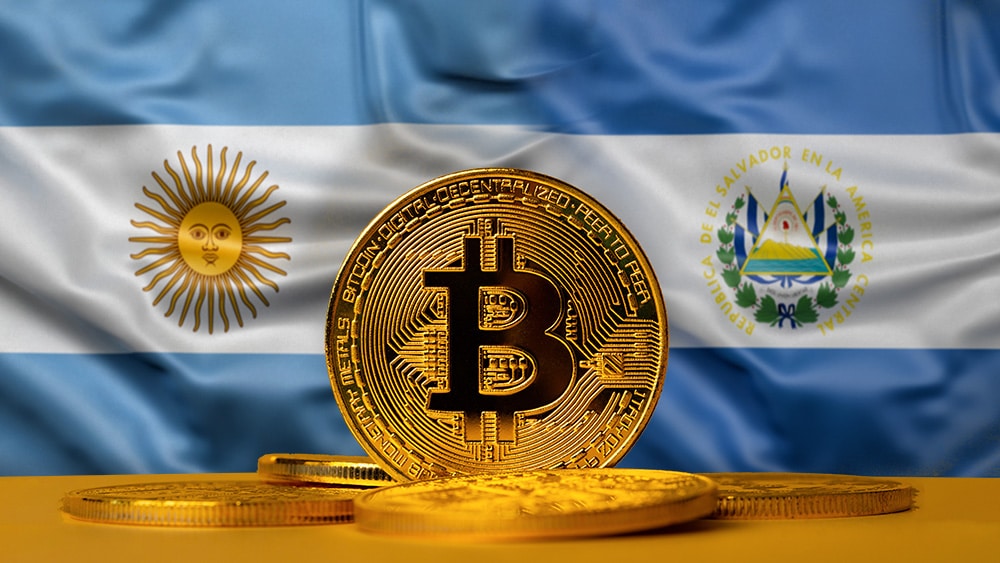Salvadoran President Nayib Bukele has announced the creation of a trust worth $150 million in Bitcoin (BTC). It aims to facilitate exchanges between BTC and the U.S. dollar, allowing traders to counteract the volatility of the cryptocurrency if they wish. A way to reassure the population, which seems skeptical of the new national currency?
The Salvadoran president seems ready to do anything to reassure the population, a few days before the entry into force of the famous Bitcoin law scheduled for September 7. After Nayib Bukele declared that no one would be forced to use BTC in El Salvador, the government wants to go even further.
According to a local news site, deputies of the Legislative Assembly’s Finance Committee approved, at the government’s proposal, the creation of a trust worth $150 million in BTC. The purpose of the trust is to facilitate exchanges between Bitcoin and the US dollar, which remains the other legal tender in El Salvador.
The Minister of Economy, María Luisa Hayém Brevé, mentioned the possibility of increasing the value of the trust if necessary. The primary goal is to reassure the population, which seems skeptical and worried, as evidenced by the few anti-Bitcoin demonstrations in the country.
The trust in question will, among other things, make it possible to fulfill a promise made by President Bukele, that of giving a bonus worth $30 to all residents wishing to use BTC in the country. However, it has been confirmed that this bonus will be paid in BTC to the Chivo e-wallet and not in dollars.
Chivo is the official wallet created by the Salvadoran government in order to use BTC in the country. It will allow the exchange with the dollar without commission or transaction fees. While it will not be the only authorized crypto wallet, its use will be strongly encouraged in the country.
The Salvadoran government, and more specifically its president Bukele, probably did not foresee such defiance from the population. After a month of June full of promises, when there was talk of salaries being paid in BTC or the creation of a national stablecoin, the skepticism of some Salvadoran citizens took over.
The Finance Committee of the country’s Legislative Assembly ignored the distrust of a certain segment of the population regarding the adoption of BTC as legal tender. These include retirees and veterans who are concerned that their pensions will be paid in Bitcoin and no longer in dollars.
Some protesters chanted the slogan “No al bitcoin” (No to Bitcoin), which has also become a popular Twitter hashtag in recent days. The Salvadoran government accuses economic institutions like the IMF and the World Bank, which have refused to help El Salvador, of influencing the protesters with their anti-bitcoin rhetoric.
Still, the protesters fear that the volatility of BTC will further worsen the poor economic situation of the country, which has been without a national currency for two decades after adopting the U.S. dollar.
The local press reported that some bitcoin distributors had been vandalized and that businesses were putting aside 20% of their profits to offset the volatility. Will the creation of the trust reassure the worried population? The answer will be given on September 7.


